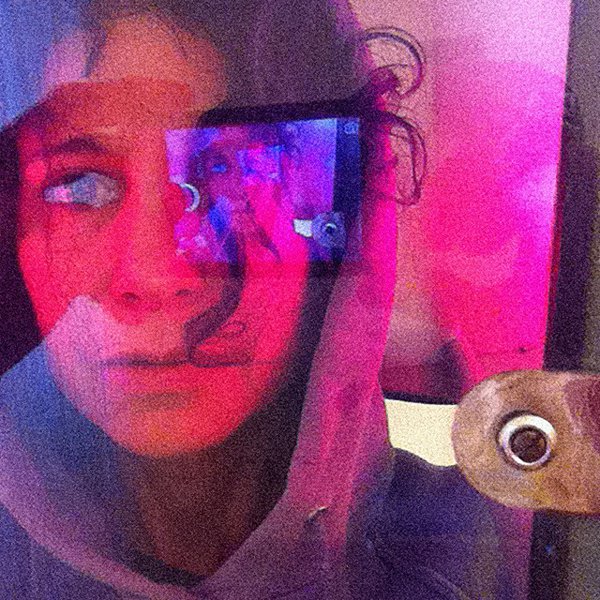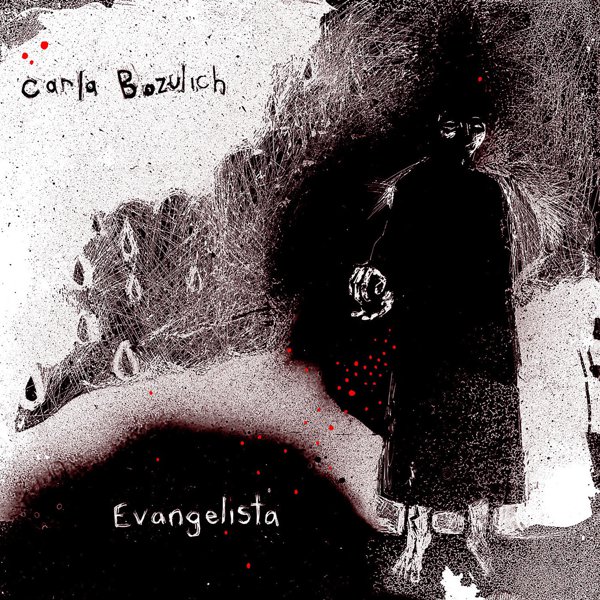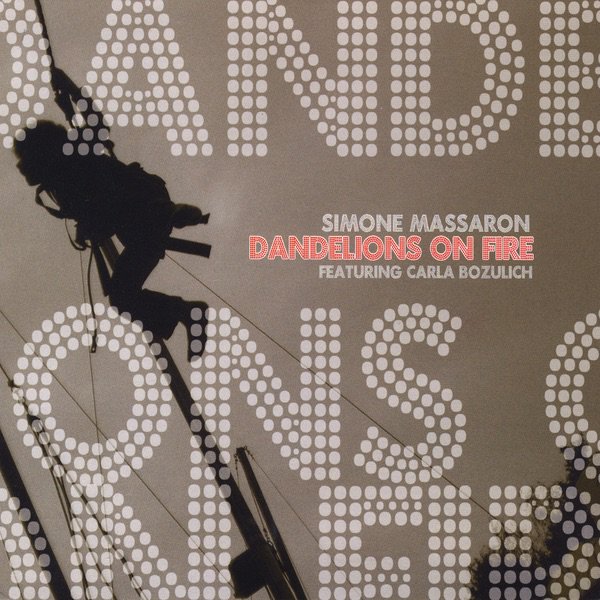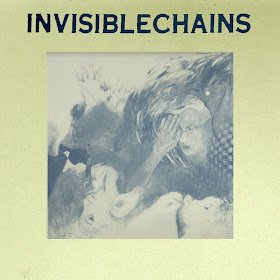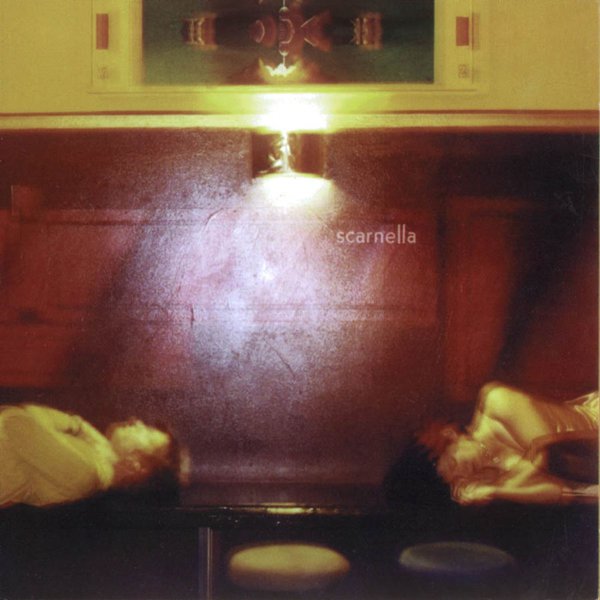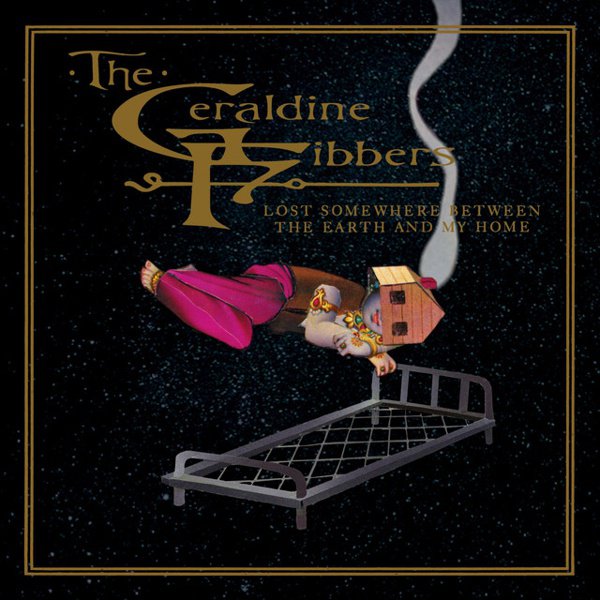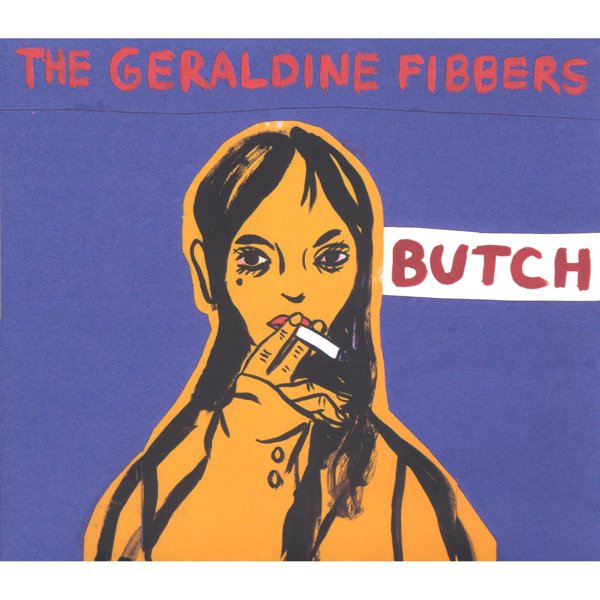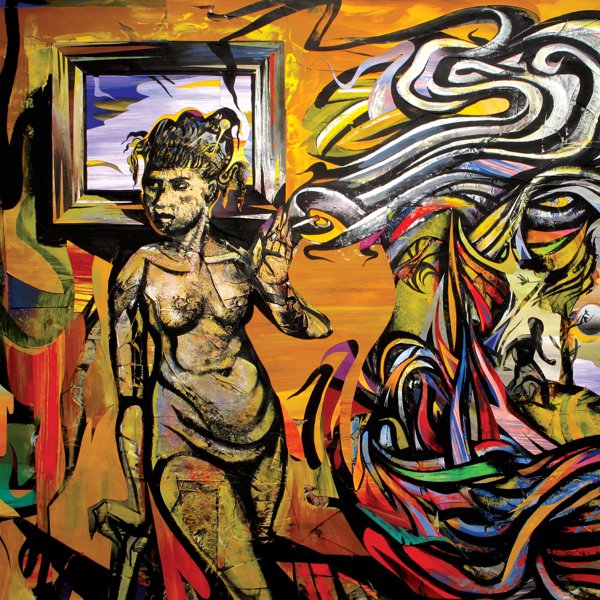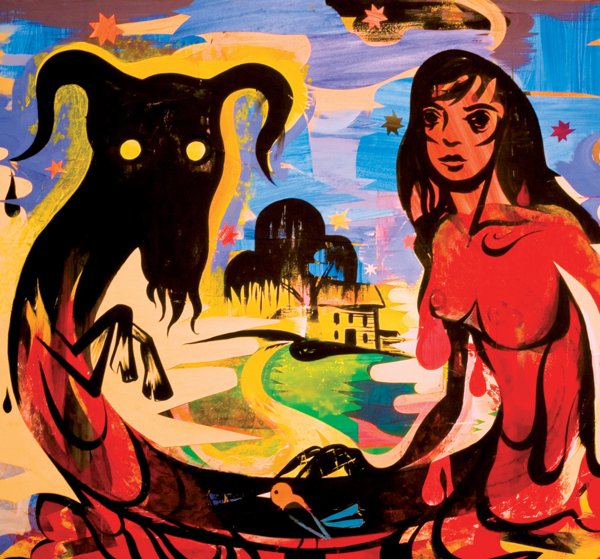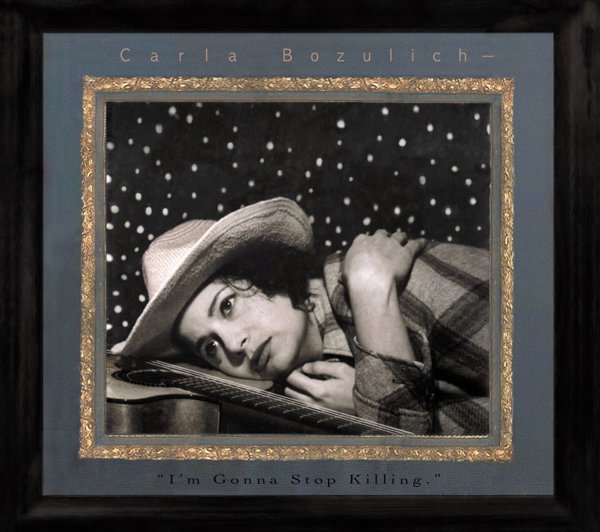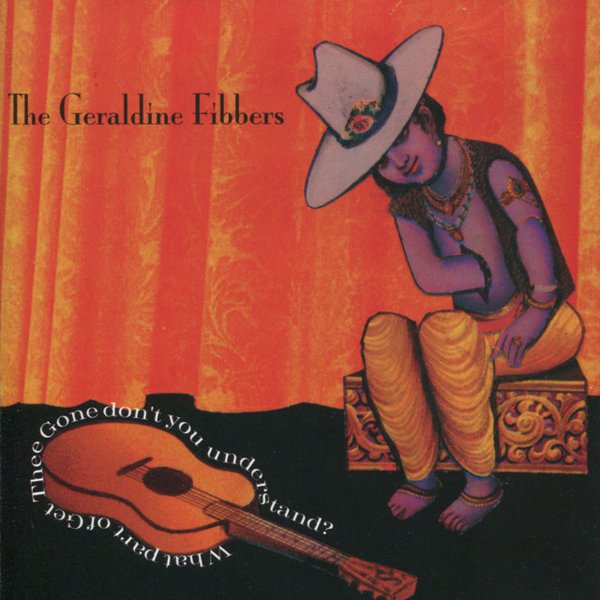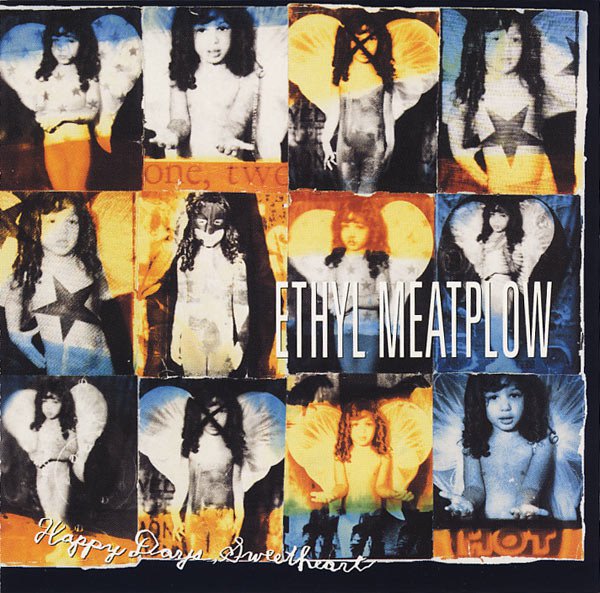Born in New York City in the late 1960s and raised in the often rough-edged coastal Los Angeles community of San Pedro, Carla Bozulich, much like her local contemporary Mike Watt, first found inspiration in punk and then went on to explore her musical path to the full wherever it has led her over the decades. Interpreting both personal and societal extremities and scenarios with her strong, rich voice in a wide variety of musical contexts, Bozulich’s work in the field itself is part of her wider artistic palette that covers criticism, poetry, artwork and installations and more besides. Bozulich has innumerable guest appearances, one-off efforts and compilation contributions to her credit but her many full-length albums, either solo or via group efforts, are the key testaments to her creative visions.
Following her first formal musical experience in the Lawndale-based Neon Veins, Bozulich had initial appearances on record as Carla Noelle for area underground acts Gary Kail and Invisible Chains, the latter released on Watt’s New Alliance label, but she first made her wider name singing and playing in another band: Ethyl Meatplow. Among the most well known LA-area industrial dance groups during the late 80s and early 90s, but with a performative and explicitly queer-friendly approach all its own, Ethyl Meatplow followed various independent efforts with a major label album, 1993’s Happy Days, Sweetheart, before splitting. When she then embraced an interest in playing guitar, Bozulich’s next act, with its nods towards classic country, seemed to be a 180 degree turn. Yet with the Geraldine Fibbers she fronted one of LA’s best all-around bands in the 1990s, their debut album Lost Somewhere Between The Earth and My Home in particular being one of the best rock records of its time.
It was a later recruit to the Fibbers – future Wilco stalwart Nels Cline, already well-known locally as a noted jazz-inspired guitarist and bandleader – who helped Bozulich explore new possibilities in improvisation after the Fibbers ended, beginning with their duo Scarnella in the late 1990s. Bozulich continued to draw on country inspirations as well, one famed effort being her striking reinterpretation of Willie Nelson’s Red Headed Stranger in 2002. Live performances with Cline and other like-minded musicians as well as further collaborations in general in the 2000s (including her ‘lost’ band the Night Porter, whose planned album never appeared when the tracks went missing) happened in combination with another groundbreaking effort: her 2006 solo album Evangelista.
Her most detailed work yet, drawing on improvisational composition in combination with a lyrical shift from formal song structure to more open-ended poetic singing, Evangelista won her acclaim as she and a core group of performers released a series of albums under the Evangelista name. The later 2010s found Bozulich releasing more solo and collaborative albums, further exploring themes of identity combined with new perspectives gained from growing older, and while like so many she was sidelined from wider live performances due to COVID’s impact, as of 2022 she continues to write and perform music solo and in collaboration, an artist in the broadest possible sense still dedicated to exploring what lies ahead.

